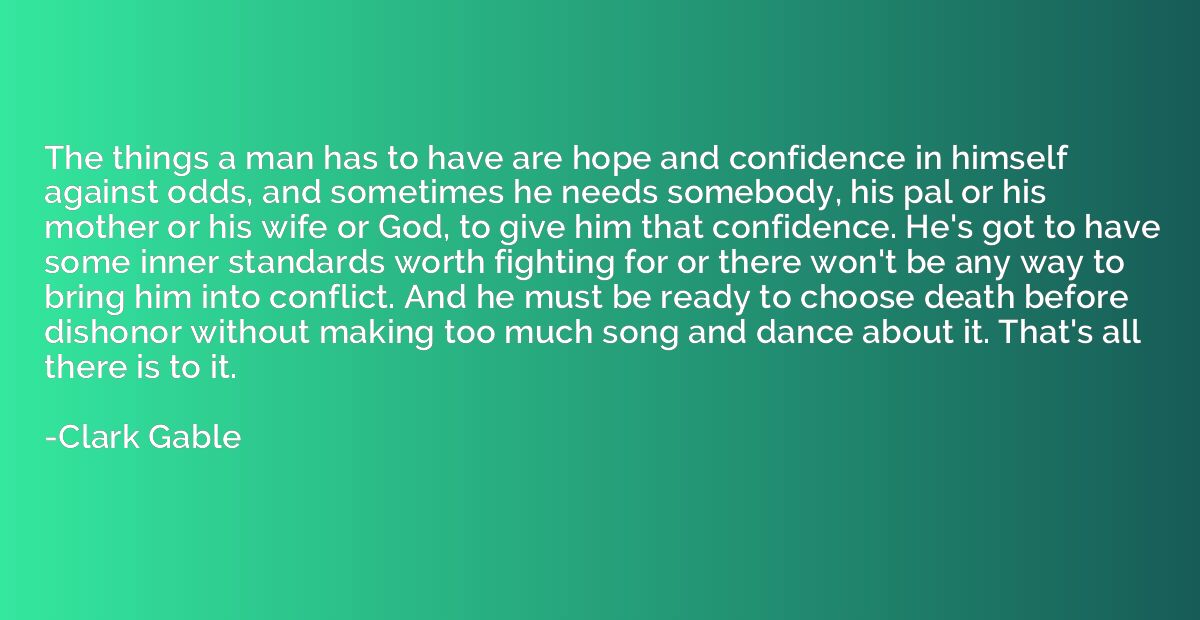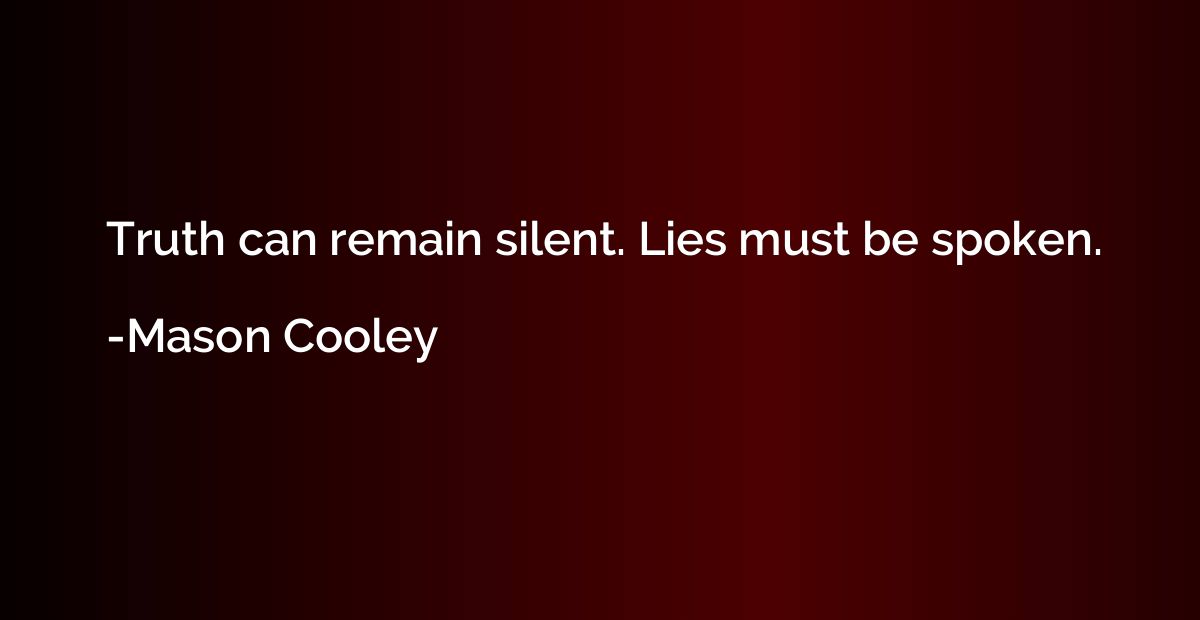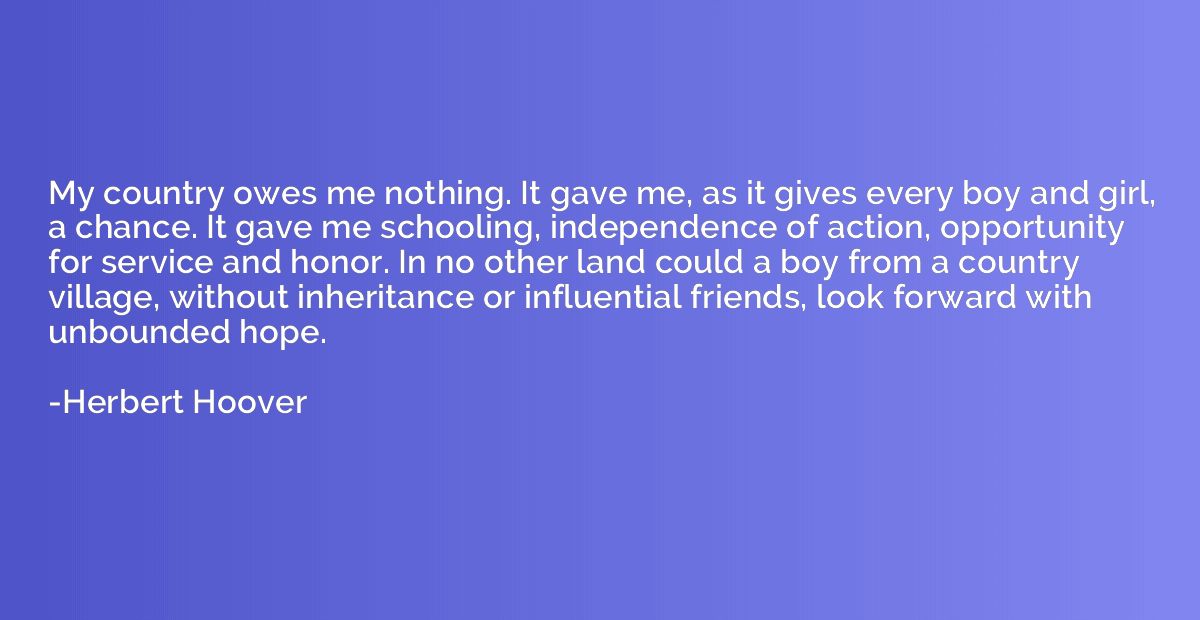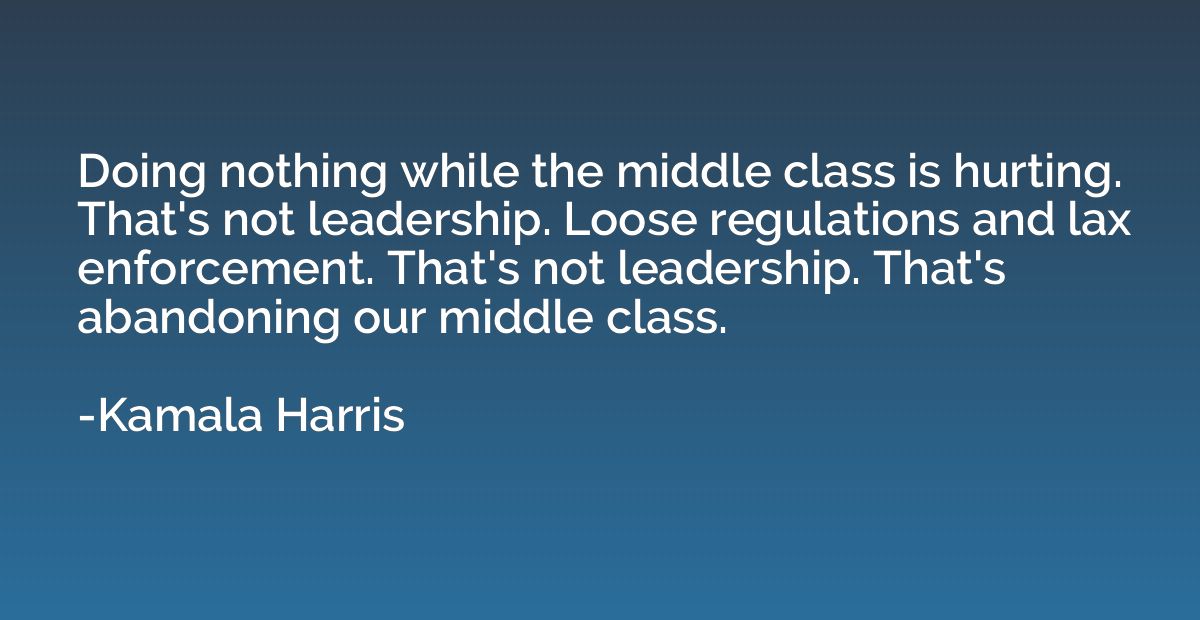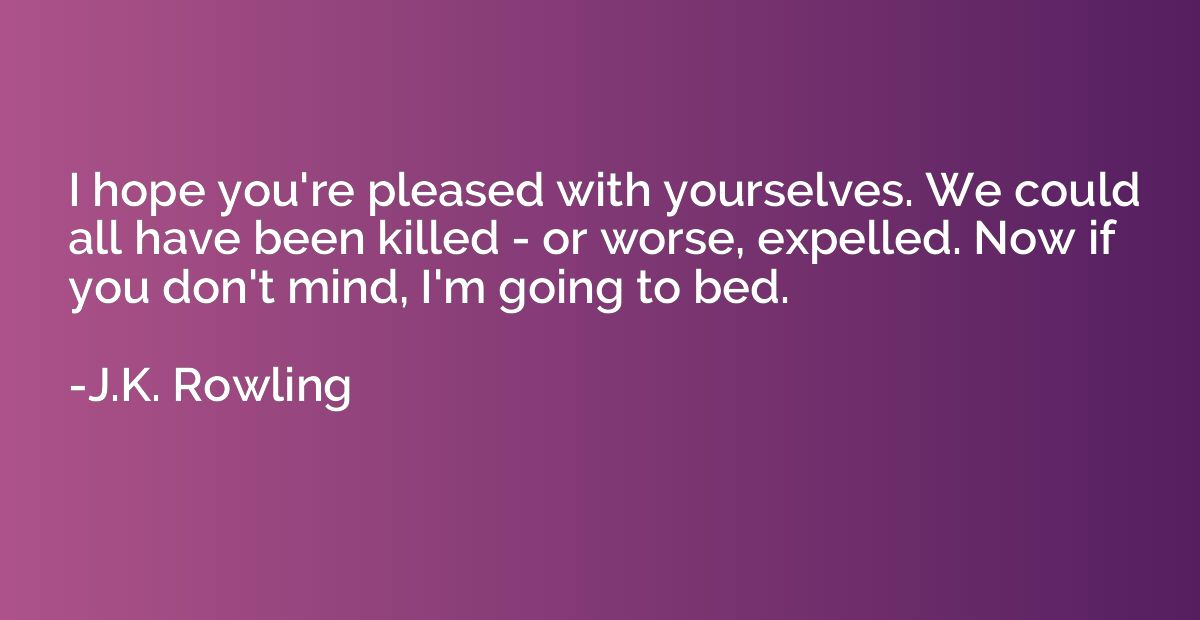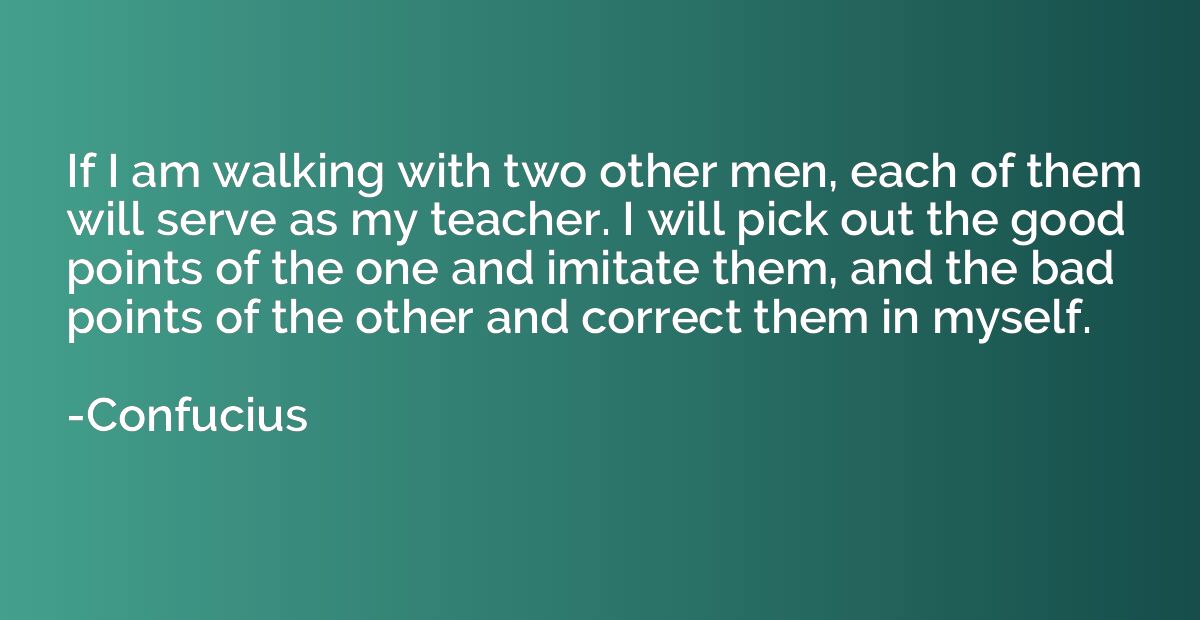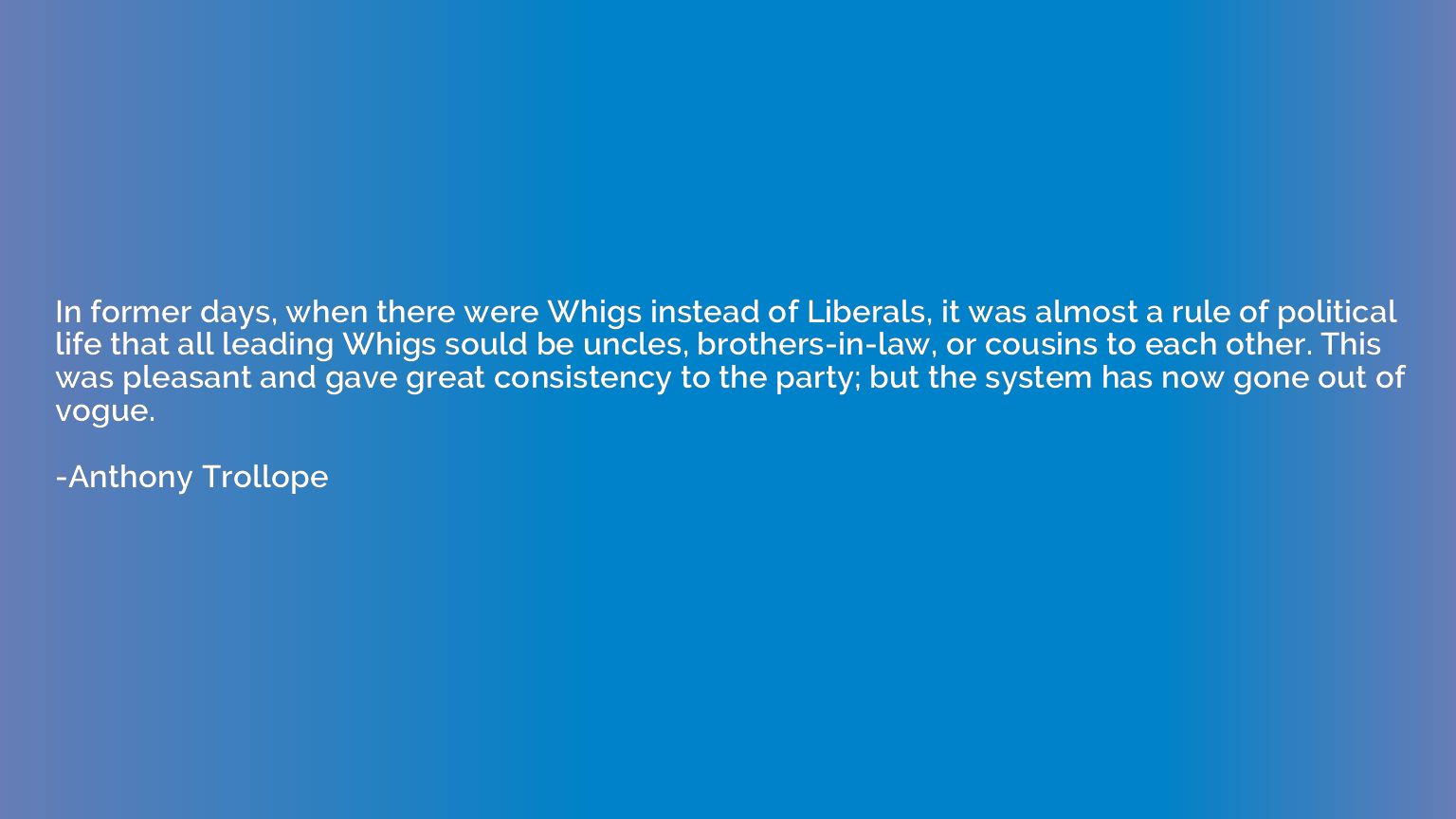Quote by Tryon Edwards
Compromise is but the sacrifice of one right or good in the hope of retaining another -- too often ending in the loss of both.
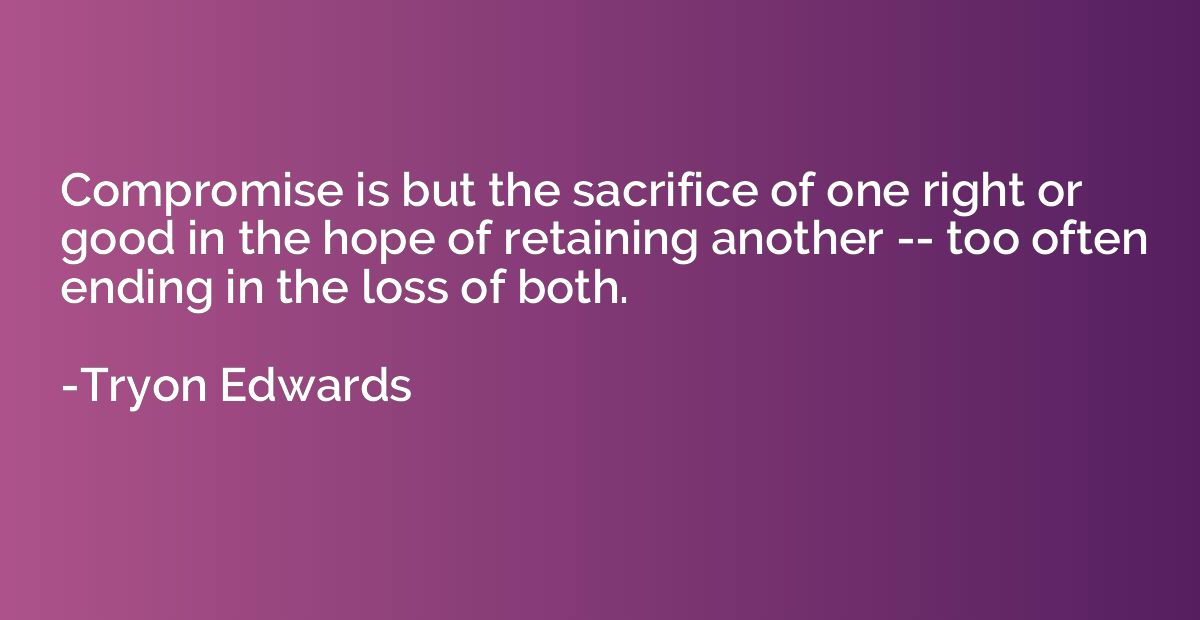
Summary
This quote highlights the nature and risks of compromise. It suggests that compromise involves giving up or sacrificing one right or good for the sake of maintaining another. However, it warns that this process can often result in losing both rights or goods altogether. The quote emphasizes that compromise is not always a guarantee of success, and there can be unforeseen consequences or unintended outcomes. It serves as a cautionary reminder to carefully consider the potential outcomes of compromise before making decisions.




